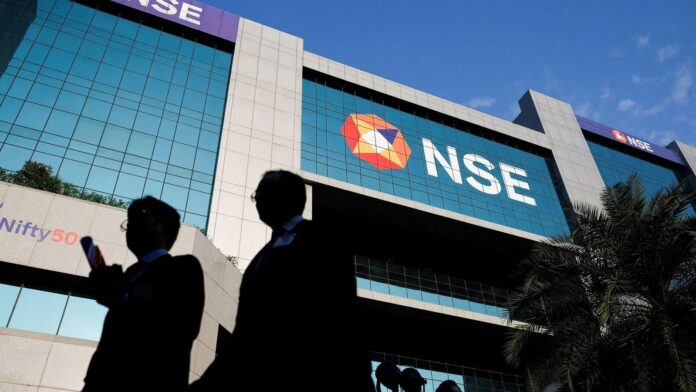India’s National Stock Exchange Seeks Government Intervention Amid IPO Standoff
India’s National Stock Exchange (NSE), the world’s largest derivatives exchange, is embroiled in a prolonged standoff with the Securities and Exchange Board of India (SEBI) over its long-anticipated initial public offering (IPO). Despite NSE’s denial of seeking government intervention, sources indicate that the exchange has formally requested the finance ministry’s assistance in resolving the ongoing regulatory impasse.
A Long Journey to IPO
The NSE has been striving to go public since 2016, but its efforts have been thwarted by a series of legal challenges and governance issues. Unlike its main domestic competitor, BSE Ltd, which is already listed, NSE’s IPO has remained in limbo, preventing significant investors like the Life Insurance Corporation of India, State Bank of India, Morgan Stanley, and the Canada Pension Plan Investment Board from exiting their investments.
The exchange’s latest application for a ‘no objection certificate’ (NOC) from SEBI, submitted in March, was not approved, prompting NSE to escalate its appeal to the finance ministry. This marks a significant development in the rare confrontation between India’s largest exchange and its market regulator.
The Nature of the Standoff
NSE’s request to the government comes after multiple attempts to resolve the situation, including similar appeals made in November 2019, twice in 2020, and again in August 2024. The exchange’s letter reportedly urges the finance ministry to engage with SEBI’s newly appointed chairman, Tuhin Kanta Pandey, to address the concerns that have stalled NSE’s public offering.
While NSE has publicly denied seeking government intervention, stating that it has not communicated with the Indian government regarding its IPO in the last 30 months, the sources maintain that the exchange is actively pursuing a resolution through governmental channels.
Regulatory Concerns and Governance Issues
One of the primary hurdles in NSE’s IPO journey has been SEBI’s concerns regarding governance shortfalls. These include delays in appointing a chairman to the board and issues surrounding the appointment of top management. SEBI has emphasized that it will not prioritize commercial interests over public interest, indicating that until all regulatory departments are satisfied with NSE’s governance, an NOC is unlikely to be granted.
In its correspondence with the finance ministry, NSE has pushed back against SEBI’s criticisms, asserting that the delays in appointing a chairman stem from SEBI’s own inaction on a candidate recommended by NSE in 2022. The exchange has also defended its management appointment processes as compliant with SEBI regulations.
Questions of Fairness and Market Stability
NSE’s letter to the finance ministry raises questions about SEBI’s neutrality, claiming that recent regulatory decisions have disproportionately affected NSE compared to BSE. The exchange cited specific SEBI rulings regarding new rules for the futures and options market that it believes have hindered its business interests.
Additionally, NSE has expressed concerns over a recent SEBI proposal requiring exchanges to divest their holdings in clearing corporations. The exchange argues that this move could increase operational costs and undermine market stability, further complicating its path to an IPO.
Conclusion
The ongoing standoff between NSE and SEBI highlights the complexities of regulatory oversight in India’s financial markets. As NSE continues to navigate these challenges, the involvement of the finance ministry could play a pivotal role in determining the future of its IPO. With significant stakeholders awaiting an exit, the resolution of this impasse is crucial not only for NSE but also for the broader Indian financial landscape.

